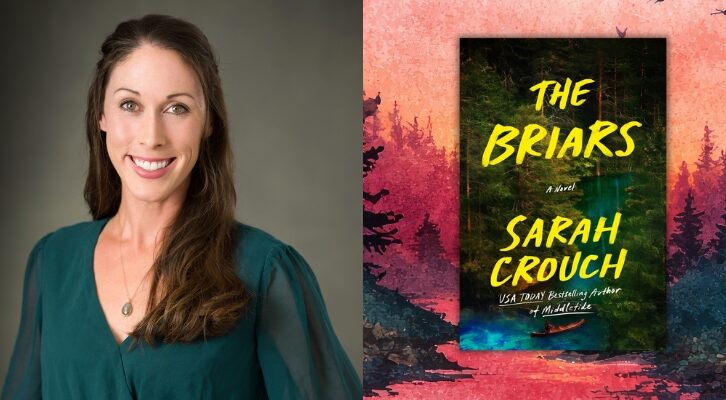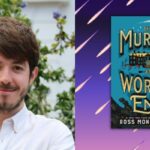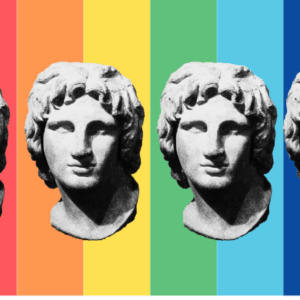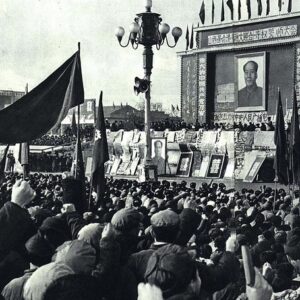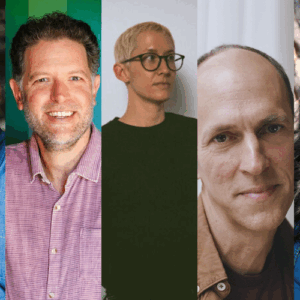
Cheryl Strayed: Sex, Grief, Joy, and the Eternal Quotation
The Author of Wild Takes a Phone Call From Paul Holdengraber
In the first part of Paul Holdengraber’s conversation with Cheryl Strayed they discuss the power of the quotation, Anais Nin, and how the things we love in our twenties aren’t necessarily what we love in our forties.
Cheryl Strayed on the power of quotation…
Sometimes a quote can wake us up to a truth. And I think that whenever we wake up to a truth it feels like we’re newly recognizing something, but in my experience what that usually means is it’s something that you already know. That maybe, for whatever reason, it hasn’t risen to the surface, you’ve denied it, or you want to pretend that isn’t the truth. But a good quote concisely captures that feeling you have inside and expresses it on the page…it can be really powerful.
Cheryl Strayed on Madeleine L’Engle…
In the introduction [to Brave Enough], I wrote about when I was about 12 I was reading Madeleine L’Engle’s novel A Ring of Endless Light—which is such a great book—and I stopped reading when I came to this line that said, “Maybe you have to know the darkness before you can appreciate the light.” And the reason that was powerful to me at age 12 was that I don’t know if anyone had ever told me at that point in my life that part of beauty and lightness and goodness was darkness and suffering. And I, at age 12, was trying to grapple with some darkness and suffering. I had a father who wasn’t what fathers were supposed to be. And I grieved that mightily and tried to make sense of that as a kid. And when I read that line in that novel, it gave me a way to think about the idea that I could carry that darkness in me in a joyful and happy life.
Cheryl strayed on evolving tastes…
As a writer, so many books were so deeply influential to me in my youth, books that I read in my 20s that seemed to really open my whole life. You know, that made my head sort of spin with their enormity and their power and their truth. And sometimes I’ve gone back to read those books that I loved, and then the 40-something me doesn’t love them. Or even thinks sometimes that they’re a bit much, or a bit over-the-top—certainly not as good as I remember them being. What I’ve come to realize in that regard is that looking back and reassessing—it’s not the new truth. It’s just one truth that sits alongside the other truth, which was that was a great and brilliant and powerful book that had a big influence on me. And that it doesn’t have that same influence when I am at a different stage of my life doesn’t say anything about the book, it says everything about me. I think sometimes it’s the memory of the book that matters more than your shifting opinion of it.
Cheryl Strayed on Anaïs Nin…
That’s who most of us are in our twenties: we have a sort of amplified emotional life. And it’s for good reason. I was grappling so much in those years with who I was as a writer and as a sexual being. So part of that question entailed maybe an over-focus on those aspects of my life, and Anaïs Nin reflected that back to me in her journals.
NEXT WEEK: CHERYL STRAYED, PART TWO.











